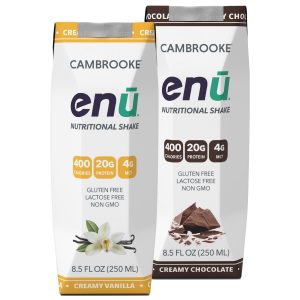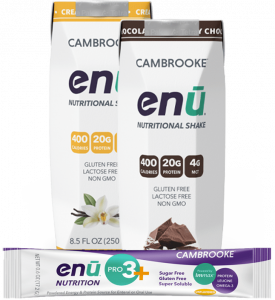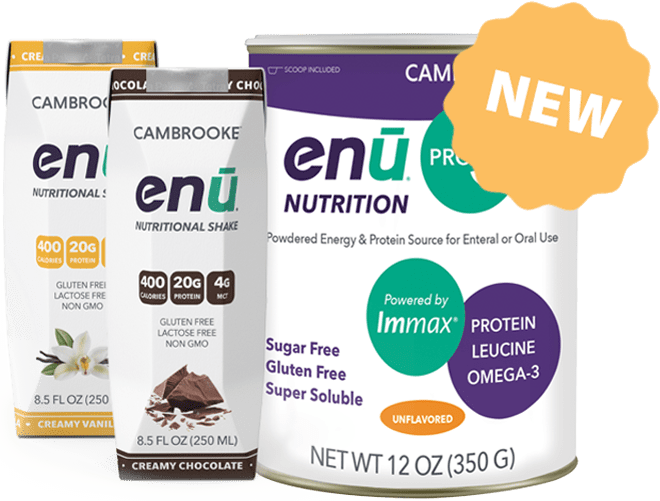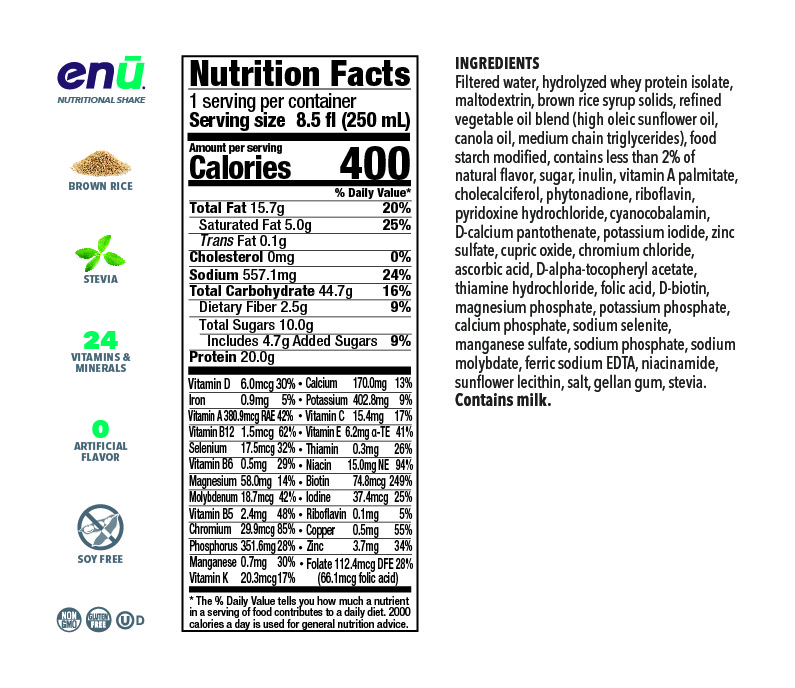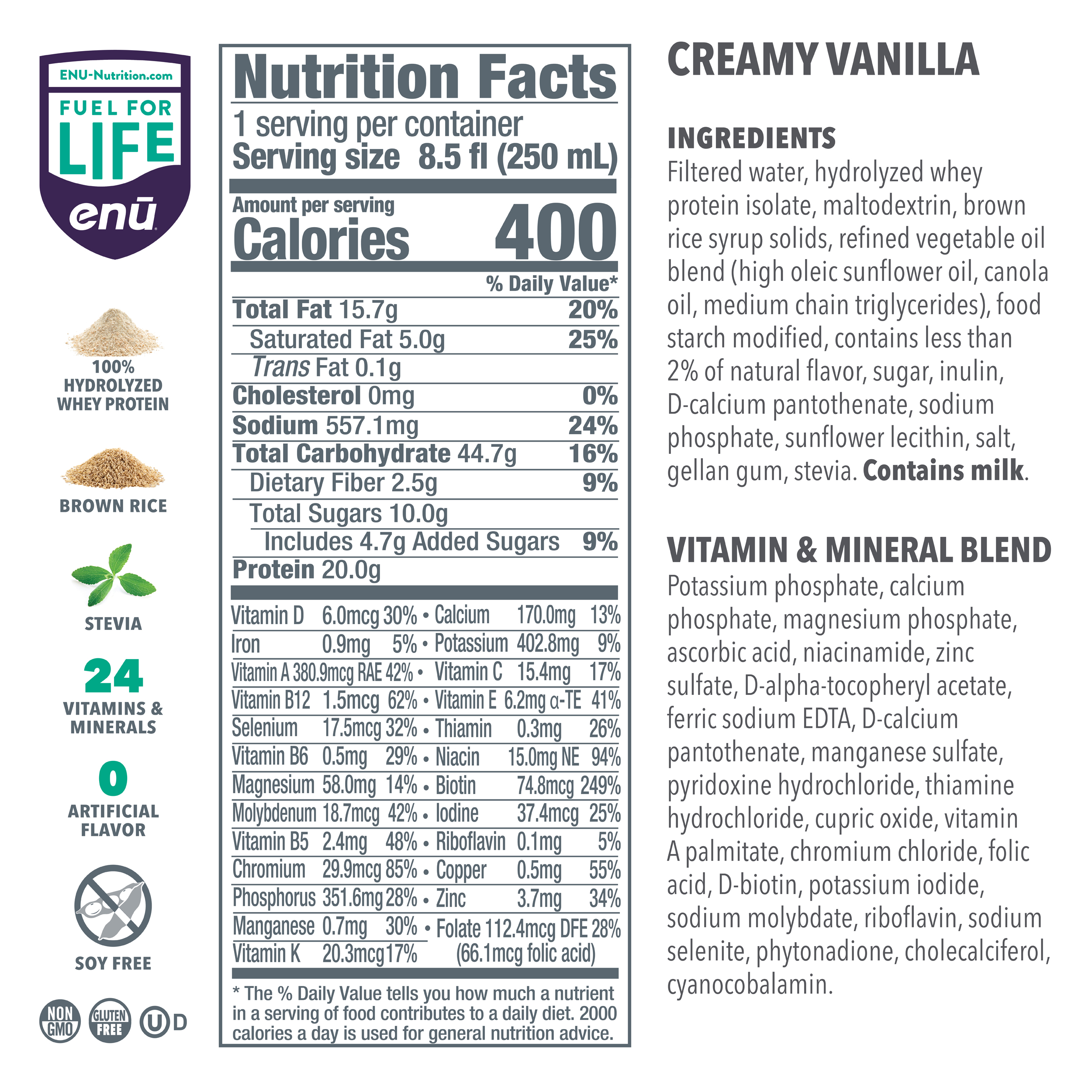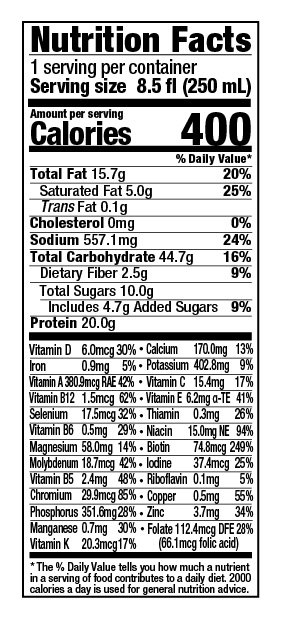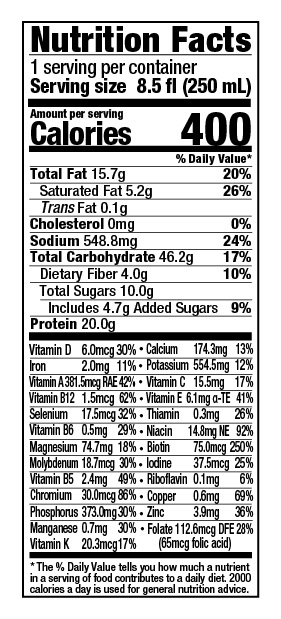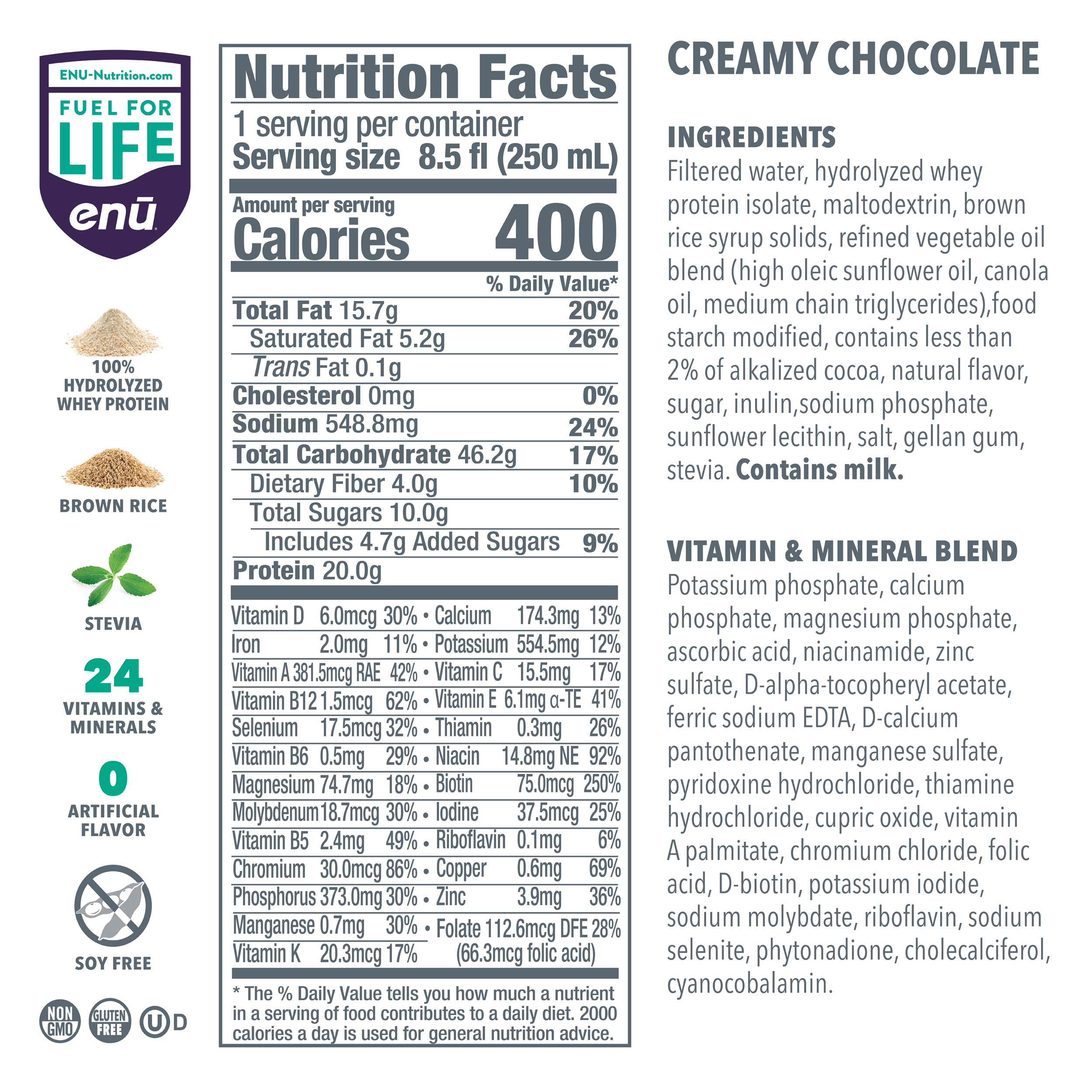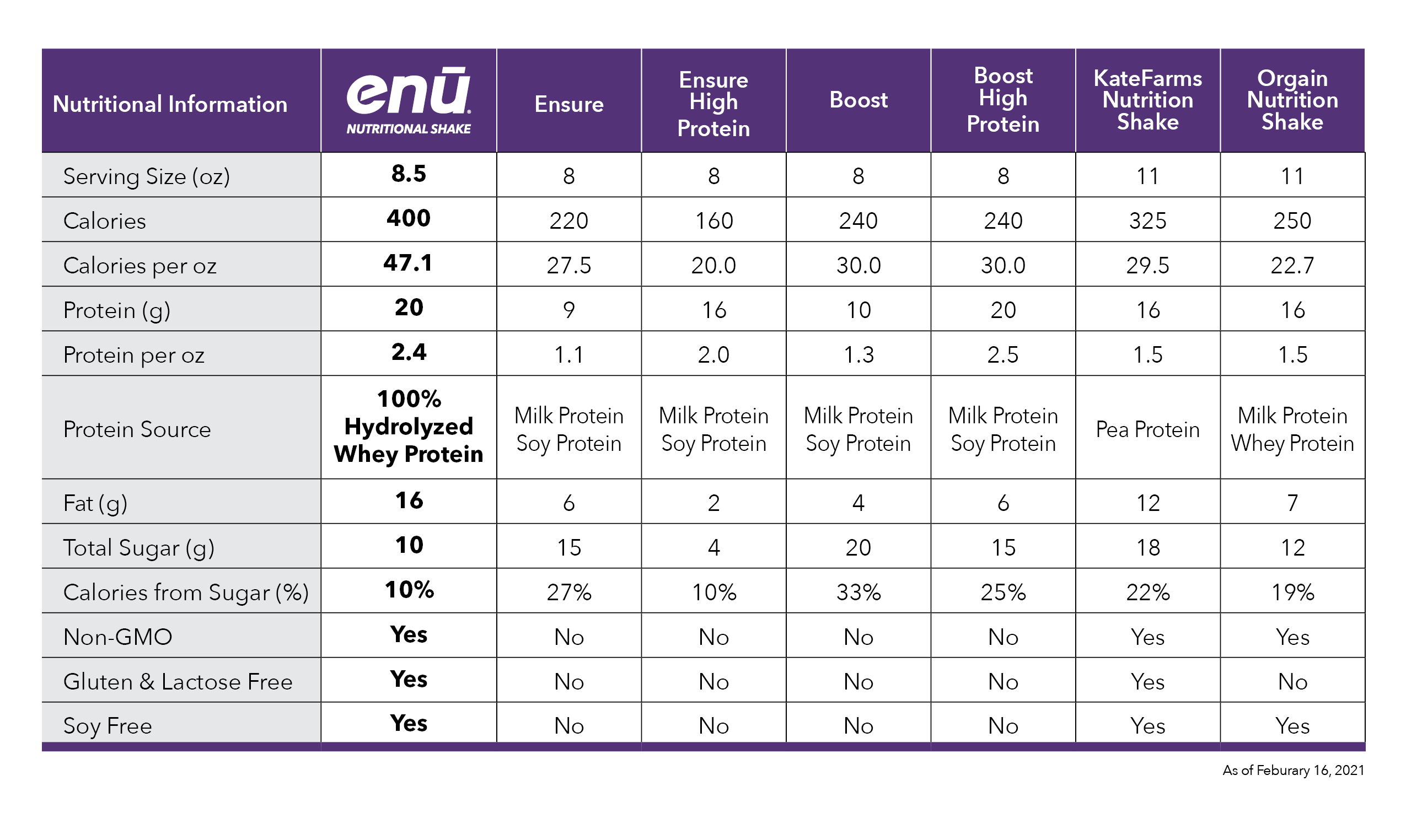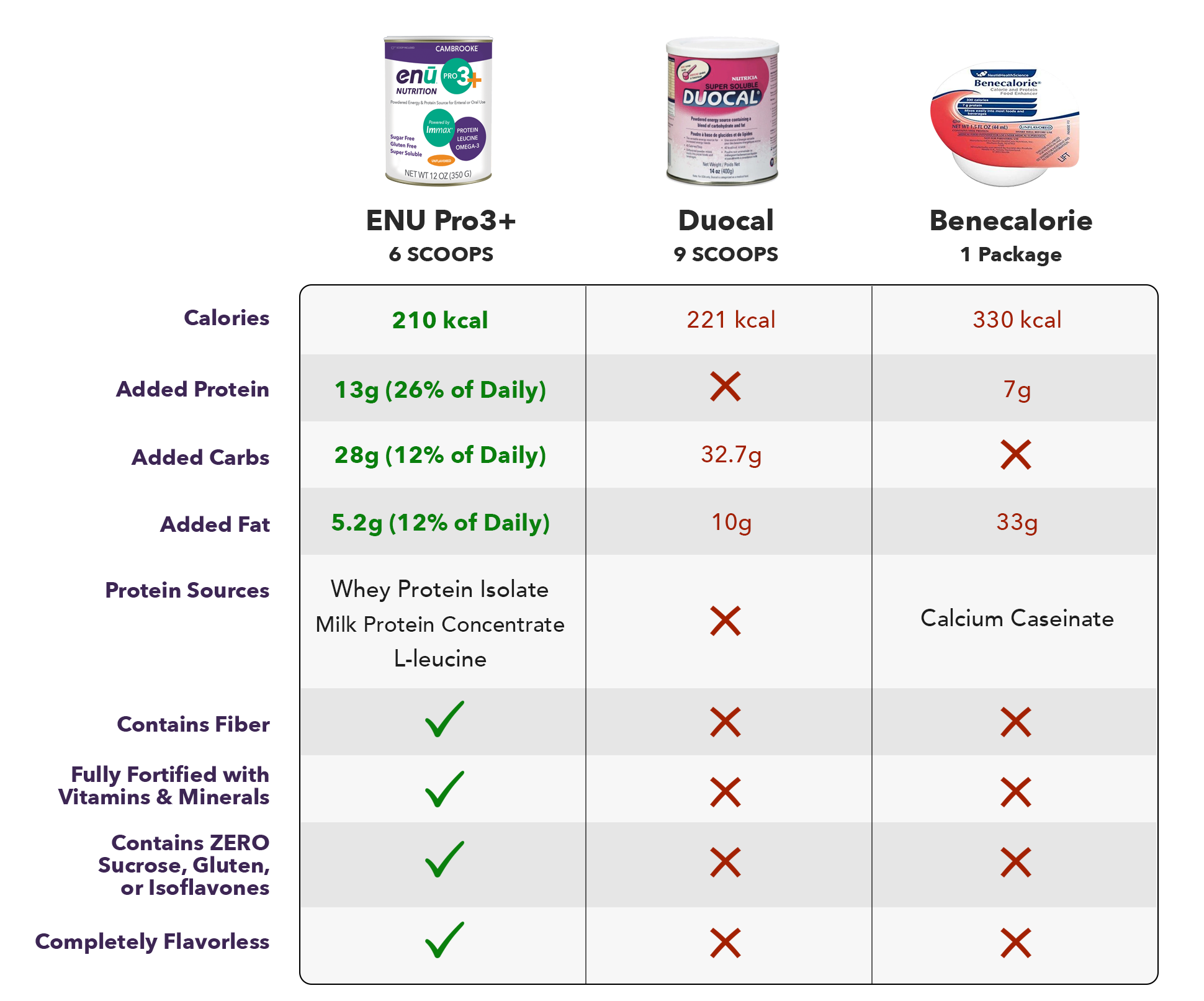
Get a FREE
ENU Intro Pack*
*Just Pay $2.00 Shipping

Ways to Prevent Cancer-Related Weight Loss
As one of the most frightening and damaging diseases known to man, cancer can take a huge toll on the body, and its treatments are often just as taxing. Many cancer patients have to make significant adjustments to their daily lives to more effectively fight the illness and accommodate treatments like chemotherapy or radiation. Even with these adjustments, however, some patients will continue to see issues like cancer-related weight loss, which – if left unchecked – can greatly diminish a patient’s quality of life and which may even hurt their chances of recovery. If you or a loved one is battling cancer, you may be wondering: What are some ways to prevent cancer-related weight loss? To find out, keep reading as the makers of nutrition shakes for cancer patients over at ENU discuss this topic at length.
Why Does Cancer-Related Weight Loss Happen?
To effectively prevent the kind of weight loss that happens to cancer patients, it’s important to understand some of the chief causes of that unwanted weight loss. For someone dealing with the effects of chemotherapy in addition to their cancer symptoms, there are a few possible reasons why you could be struggling to maintain your weight, including the following:
Changes in Taste
Though it may seem like a less severe symptom, the changes in taste that cancer patients often experience can contribute to some serious health issues, including weight loss. For some patients, this change takes the form of a loss of taste, which, though unpleasant, is less problematic than the lingering bad taste that other patients struggle with. In either case, the change can cause a person to lose their desire to eat, leading to cancer-related weight loss.
Metabolic Changes
The effects of cancer and its treatments can cause wide-ranging metabolic changes in the body that trigger significant weight loss. Hormone levels can rise or fall, affecting a person’s appetite and limiting their calorie intake, while others may see a rise in their basal metabolic rate, which determines how many calories you burn while at rest.
Digestive Distress
One of the most common side effects of chemotherapy is chronic nausea and vomiting, which can make it difficult to keep food down. Even when these issues subside, the constant digestive distress can cause a person to lose their appetite in the long term.
Oral Discomfort
In addition to changes in taste, patients often struggle with oral discomfort. While those with cancer of the mouth or throat are commonly affected, those with other types of cancer can also find themselves struggling with oral mucositis – mouth sores that cause significant pain – along with trouble chewing and swallowing solid food.
Tips for Stopping Cancer-Related Weight Loss
In our image-obsessed society, weight loss is typically viewed in a positive light, but for cancer patients, weight loss is a serious threat that should be prevented whenever possible. Luckily, there are a number of ways to prevent cancer-related weight loss, depending on what the cause of that weight loss might be.
Change Your Eating Habits
Most of us are accustomed to a meal schedule based on two or three large meals each day, but the issues cancer patients face can make eating large meals – or solid food of any kind, for that matter – very difficult. Instead, consider eating a greater number of much smaller meals each day. This model is easier on your digestive system, so you’re more likely to avoid symptoms like nausea and constipation.
Try a Meal Replacement Shake
Adding a healthy meal replacement shake to your routine can be an easy and convenient way to boost your calorie intake and prevent cancer-related weight loss. Make sure you pick a shake that offers a significant number of calories – several hundred, at least – as well as a balanced nutritional profile complete with plenty of protein, beneficial fats, complex carbs, and a variety of vitamins and minerals.
Stay Active
For cancer patients, this tip is much easier said than done, but even light exercise can go a long way toward helping to address weight loss. The lack of physical activity during cancer treatments is part of what causes muscle tissue to diminish during that time, and exercise is the best way to fight that trend and keep your muscle mass intact.
Time Your Fluids
Staying hydrated is an important health tip for anyone, but this task is made a bit more complicated if you’re experiencing cancer-related weight loss. Drinking too much water, juice, or any other beverage right before a meal can limit your appetite and cause you to eat less, so be cognizant of when you’re planning to eat and time your fluid intake to be well before or after a meal.
Keep Snacks On-Hand
For many patients with appetite loss, the desire to eat comes and goes throughout the day, making it difficult to plan even small meals. By keeping snacks on-hand at all times, you can adjust your eating to those moments when you actually have an appetite, increasing your calorie intake and fighting cancer-related weight loss.
Try an ENU Meal Replacement Shake to Help Prevent Cancer-Related Weight Loss
There are lots of different kinds of nutrition shakes out there, but many of those are filled with empty calories or offer too few to begin with. ENU meal replacement shakes provide 400 calories from real food ingredients, plus 20 grams of easily digestible protein, heart-healthy fats, complex carbs, and more than 20 key minerals and vitamins. Learn more about how ENU shakes can help you prevent cancer-related weight loss by visiting us online or calling (855) 266-6733 today.
